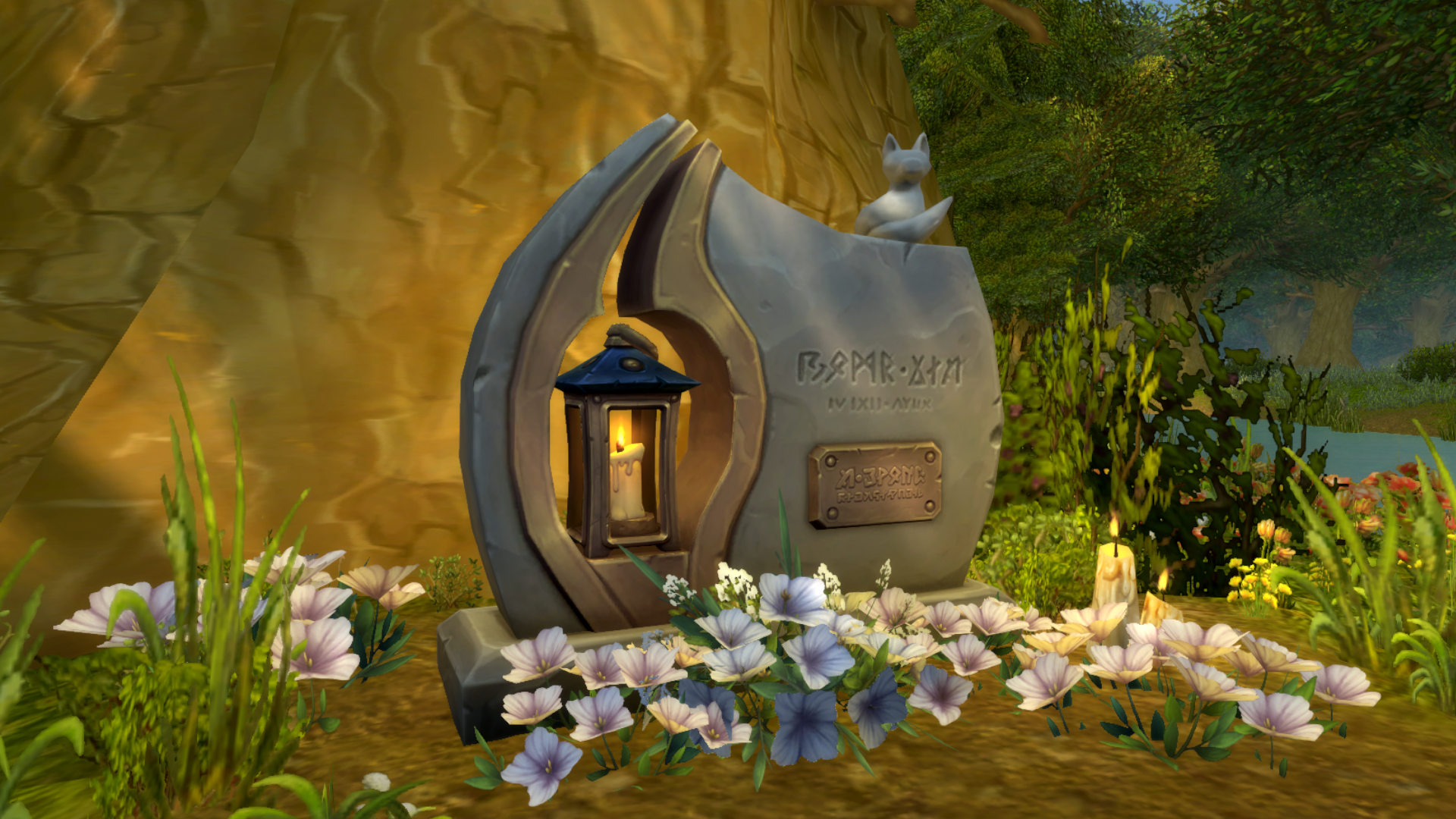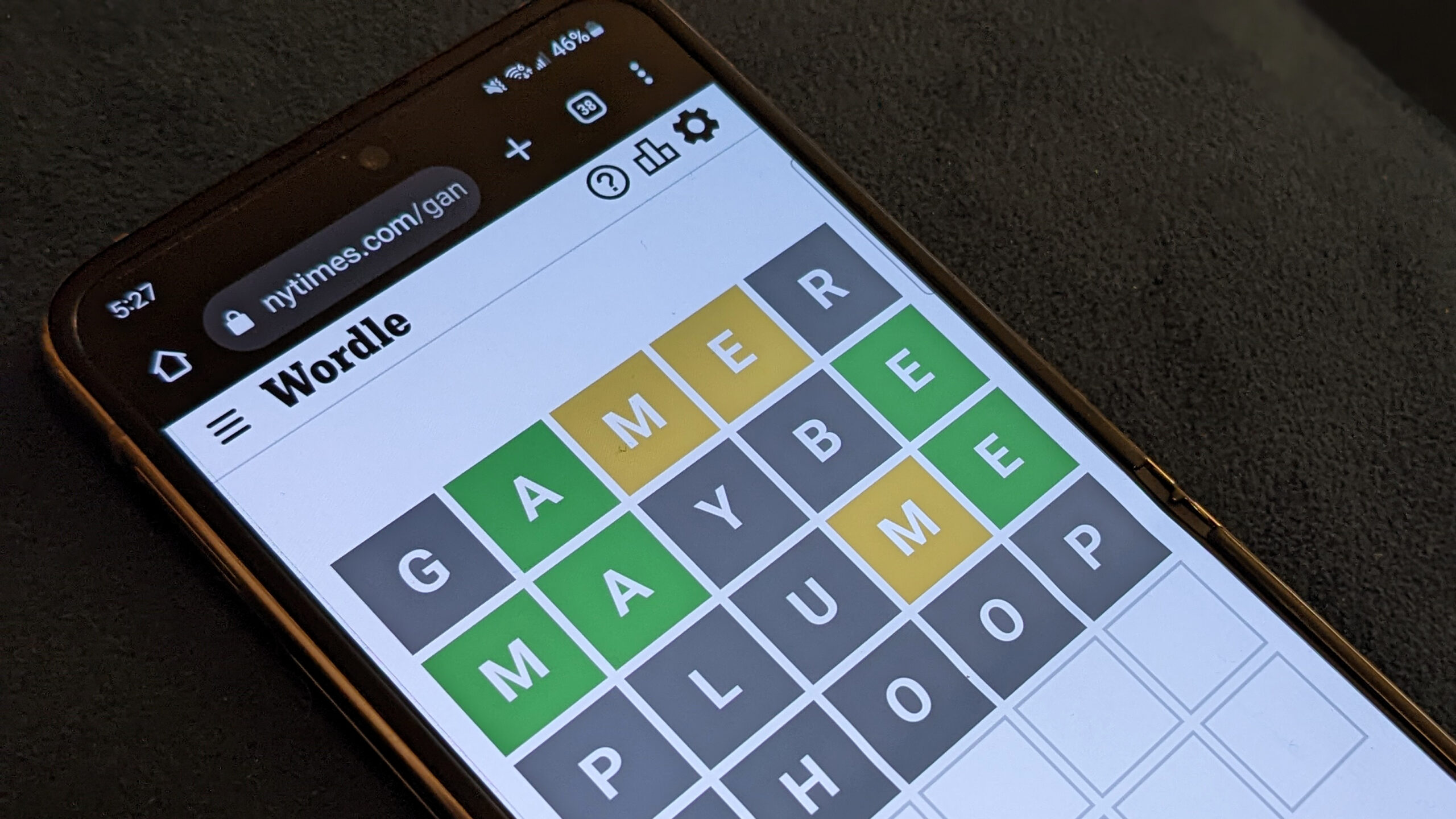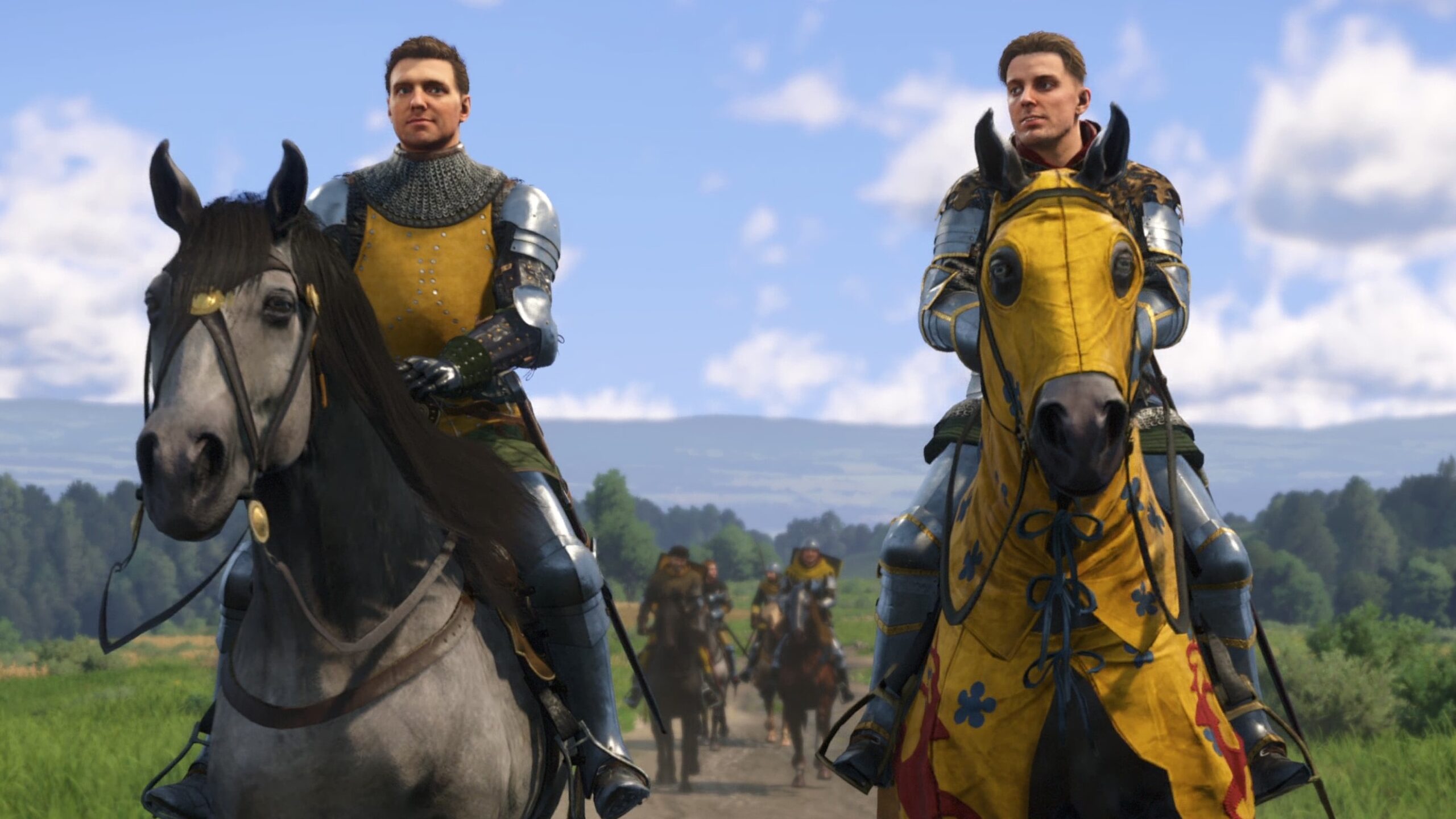I recently had the pleasure of interviewing Benjamin Ree, director of The Remarkable Life of Ibelin, about his project—which follows the well-documented life of Mats ‘Ibelin’ Steen, a World of Warcraft player with Duchenne muscular dystrophy (DMD).
DMD is one of many muscular dystrophy conditions, and is considered to be one of the most severe, with a life expectancy of 20 to 30 years. Steen died in 2014, and while his parents were worried he’d led an isolated and lonely existence, the flood of support that came in from the people who knew him online proved it anything but.
You can read my interview with Ree via the link above, but I was also able to attend a roundtable hosted by Muscular Dystrophy UK, a charity that helps people with similar conditions. It also has a new fundraising drive called Game On that’ll get you set up to raise money for the charity, whether you’re streaming or doing an in-person TTRPG session.
The roundtable was a humbling experience, one that reminded me not just of the importance of games in peoples’ lives, but how vital accessibility can be to helping disabled gamers enjoy our hobby. Often, as was the case with Steen, in ways that dramatically improve their quality of life.
One thing that sticks with me is how earnest the documentary feels. Steen was both a dear and considerate friend to the people he knew, and made a massive impact on his guildmates. But his digital life wasn’t without its dramas. If you’ve played an MMO, you’ll know things get downright spicy often—and Steen the player and Ibelin the human detective got into spats both in and out of character. Ibelin was a big flirt, even cheating on his in-character girlfriend.
I hope that we managed to portray him in a complex way.”
Benjamin Ree, Director
Speaking about the choice to include these elements, Ree says: “He was the best friend you could have. He was charming and funny and intelligent—at the same time, he would cheat, he would lie, he lost contact with two of his best friends, asked for forgiveness, got them back again.
“One of the reasons why he wrote the blog,” Ree says, referring to the online diary Steen kept in the last years of his life, “was because he wanted to have his friends back again. It was his way of saying ‘I’m sorry’. And while the first blog entry was about the love that he shared with Lisette from the Netherlands, he really wanted to have that friendship back again. So I hope that we managed to portray him in a complex way.”
This isn’t just a hope in Ree’s mind, though. Listening to the roundtable, I was told over and over how understood those with these conditions felt while watching the film. Danielle Maycox, a gamer diagnosed with Spinal Muscular Atrophy (SMA) type two, told those in attendance that she felt like this was the first time her life was really portrayed on screen in a meaningful and accurate way:
“I am so used to seeing people portray what they think my life is like, and other disabilities. Whereas this time, it was really a true, raw, emotional display of what our life is genuinely like, and it was so refreshing to see that, being the first time that I’ve ever seen it in front of me, on my screen.”
‘How can I do more?’
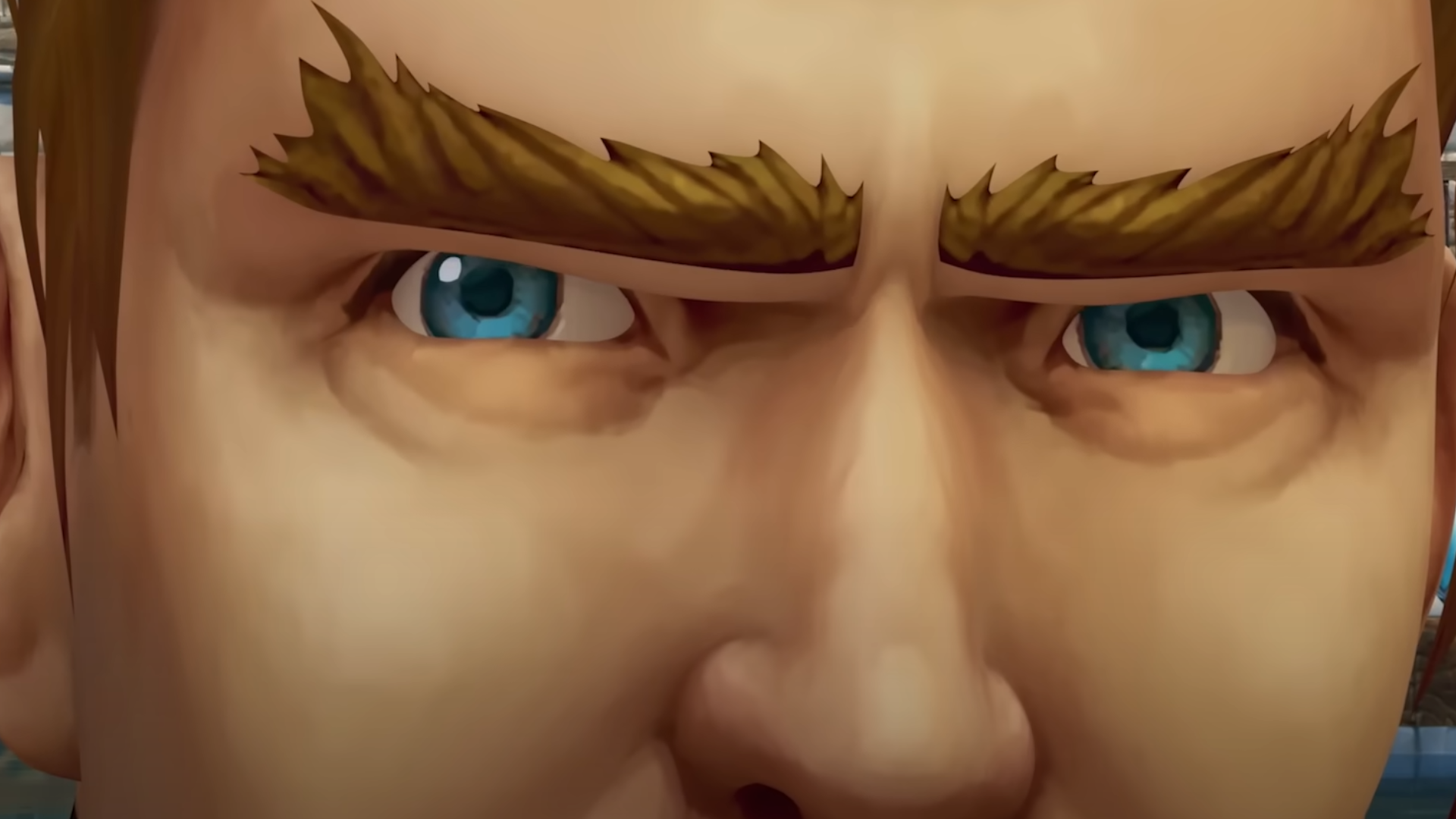
Martin Hywood, who both works for the charity and has Limb-girdle muscular dystrophy, has helped to raise over £300,000 with his family for research into the condition since his diagnosis in 1996. The film left a lasting impression on him: “There were so many similarities, and so many things that resonated with me.
“When we’re gaming, as a disabled community, we’re sometimes better than regular people—it’s a leveller for me, playing videogames. It’s an absolute leveller. When you’re better than other people, it’s an absolutely fantastic achievement, and something to strive towards being better at consistently and constantly.”
Hywood went on to praise the film for taking on Ed Larkin, who did a bang-up job voicing Steen’s character, Ibelin. Larkin has cerebral palsy himself, and the inclusion of disabled people while telling Steen’s story meant a lot to Hywood and others.
[He was] so selfless, so utterly selfless.”
Martin Hywood, Muscular Dystrophy UK
“You’ll watch soap operas in this country and you’ll see someone playing a part in it as a disabled person in a wheelchair, and you know that the actor is not disabled in any way. It’s quite patronizing and insulting when you see that and hear that … [the film] is extraordinary and fantastic, and it needs to be put on a pedestal of how we go forward in the industry to make both films and videogames.”
Helping those with his condition is an ongoing process for Hywood, though, one that the film only served to light a fire under: “It felt like we were invited to Mats’ funeral—and I have a brother that’s two years older than me, who lives with a muscle wasting condition, and so I see progression in him because I’m one of his carers as well. I found it extremely emotional.
“My takeaway from the film, considering everything I just said was: How can I do more? Considering all that Mats was doing, helping the people with neurodiversities and all the other things, [he was] so selfless, so utterly selfless. So I came away from that thinking: What else can I give back to society? Who else can I help?”
‘Gaming brought me to a space where I can relax’
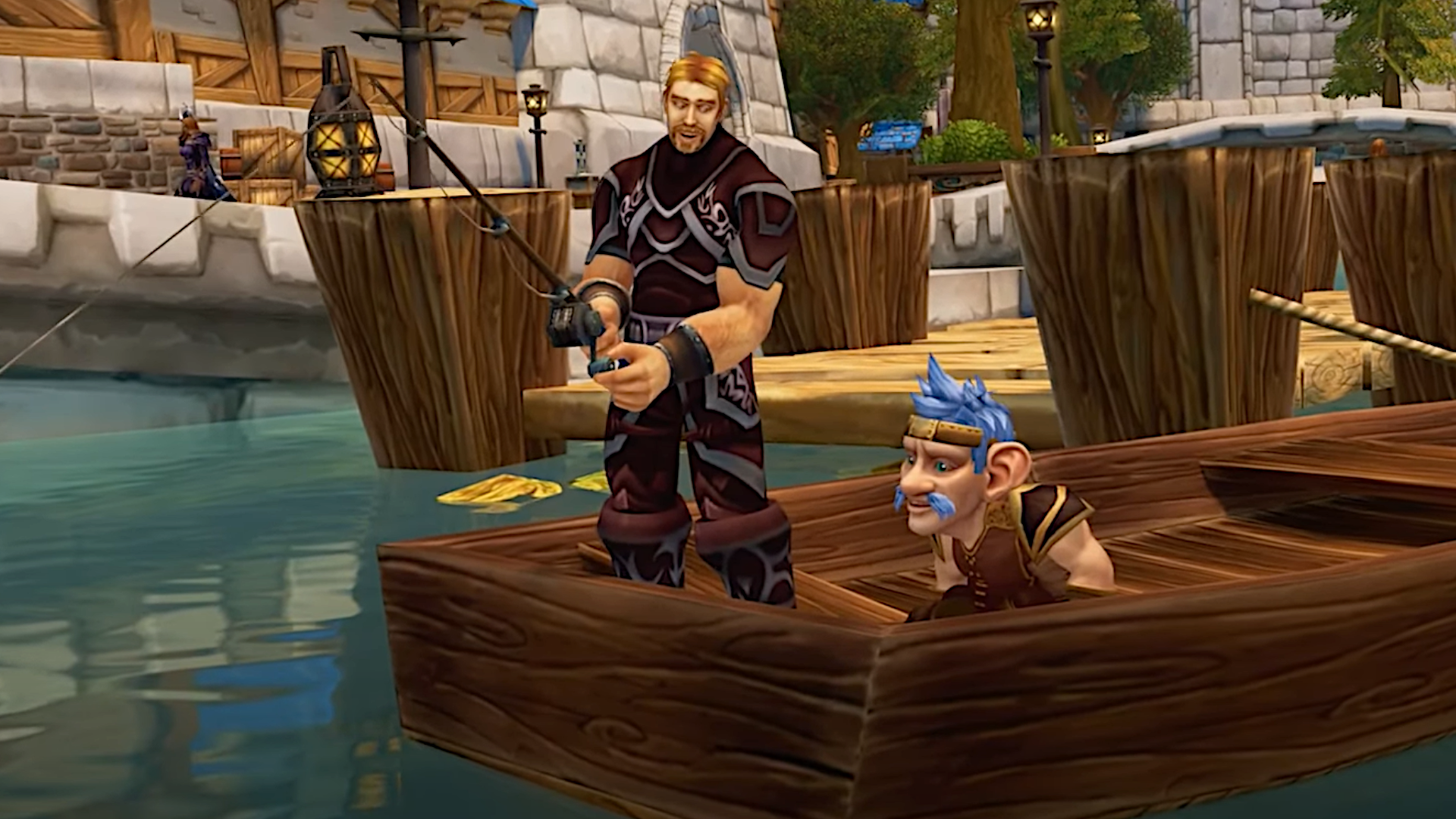
Vivek Gohil, 34, also has Duchenne’s muscular dystrophy. Initially, he had to give up the hobby after struggling with the PS4 controller. However, Gohil later helped to develop a new setup with the charity Special Effect. He’s also worked with console developers to help develop adaptive controllers.
“What happened was six years ago, I bought a PS4, and I thought ‘oh, I can’t use the new controller’, and I decided to give up gaming then. But then my mum noticed I was getting very depressed,” Gohil explains, adding that the new controller “enabled me to continue playing for like six years—at the minute I’m struggling to use their setup, but we’re working on another way.
“[Gaming has] helped my mood, and also it’s given me the chance to become more confident through gaming and sharing my life with friends, because before I didn’t really have many friends. But gaming brought me to a space where I can relax, and I could be myself, because there’s not many places I could be myself on my own.”
The desire for companionship and comfort is a universal one—and I’m willing to bet that many of you reading this’ve probably gained similar things from gaming communities, even without a condition like Gohil’s. For him, the custom setup that allowed him to play again was a lifeline to stay a part of that community. “Access to the right controller makes such a difference to people, and I think everybody can be given the opportunity to enjoy gaming.”
‘I wonder how many people can’t take that step’
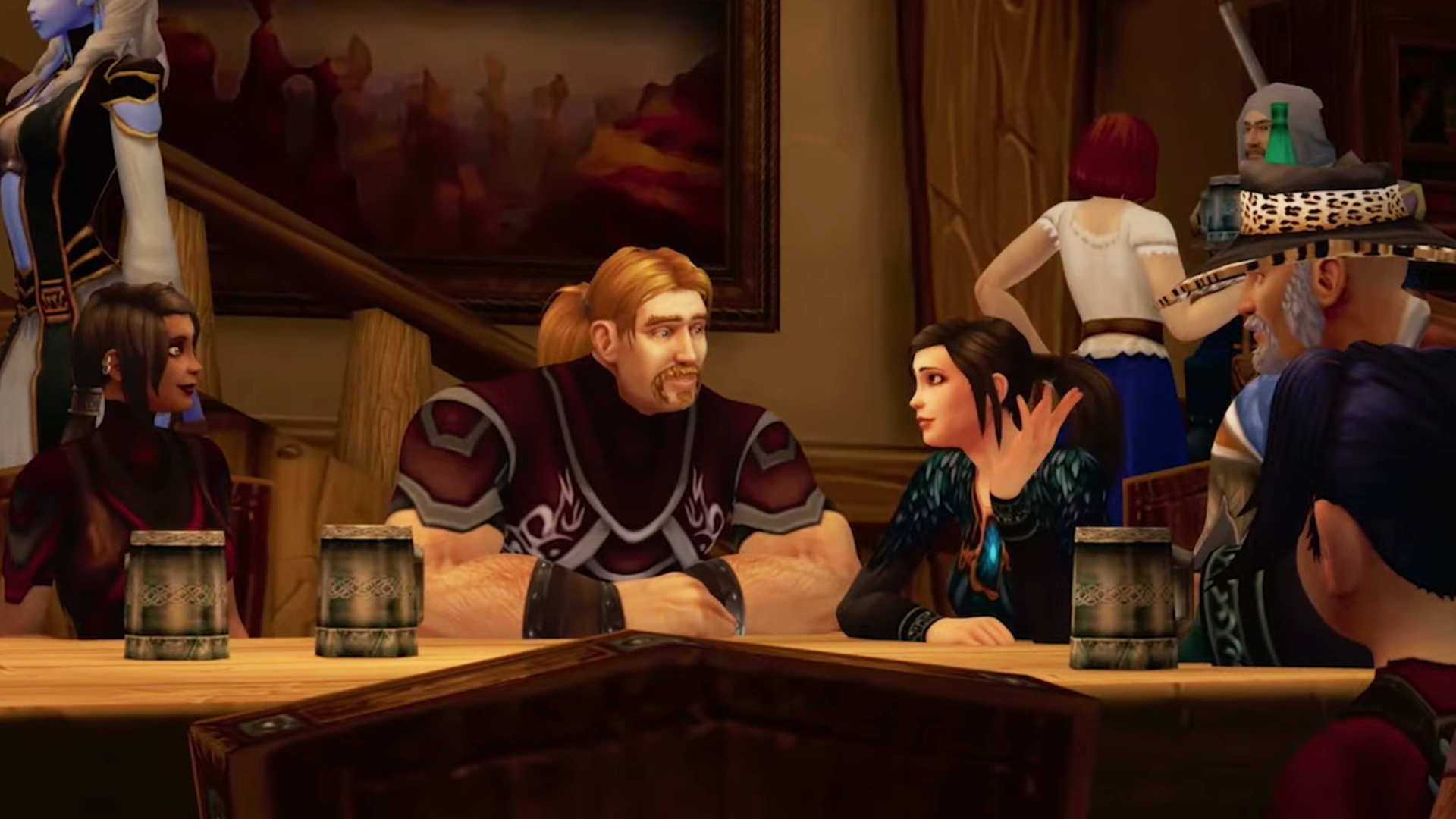
Liam Quinn, 34, lives with Spinal Muscular Atrophy (SMA) type three. He’s recently started working with Muscular Dystrophy UK, and met his wife, Ana, while playing World of Warcraft.
I’m delighted to report that Quinn met Ana when he flamed someone for sucking terribly during a dungeon finder queue, like a true WoW patriot. You really can find love anywhere. “I had a bad night, where I didn’t sleep, and I went online at like 4am. I was in a really bad mood, wasn’t being that nice to people in the dungeon—for some reason that didn’t put Ana off.
“Ana was tanking, so I was like, ‘would you like to stay in the group and we can carry on going?'” A new dungeon group never came, leaving them talking to the wee hours of the morning, a friendship that would eventually grow into a deep affection.
What Quinn found fascinating about the documentary was how Steen’s experiences were mirrored in his own life—Steen didn’t tell his guild mates about his condition until later in his life, and had a very serious crush on another player by the name of Lisette. At one point, he was asked to attend a real-world meetup and declined, hiding his condition from his friends and making an excuse as to why he couldn’t go.
You don’t know what the collateral of that can do to someone.”
Liam Quinn, Muscular Dystrophy UK
While it was a smaller roadbump, Quinn had almost the exact same experience play out in the early days of his and Ana’s relationship. Ana explains: “At the end of December, early January, I actually had an opportunity to come and work in England. At this point I didn’t know he was in a wheelchair, so I told him, ‘I’m coming to England, will you come and meet up with me?’ And he was like, ‘no’.”
Despite the fact that Quinn never roleplayed—never took on a secondary persona with his character—he still felt that same anxiety around telling Ana about his condition: “There was still a shield from the game, like I still could sit behind that and just exist without it mattering.
“Very quickly after I said ‘no’, I was like ‘that wasn’t right’ and turned that around, and did tell [her], and did talk about it. But that step to say it when you haven’t before, that’s conflicting, because you also feel like: ‘Have I been a liar? Like, am I not telling the truth? Has it been relevant? Should I have had to?’ And you don’t really know how to navigate that. That’s hard.”
This really is a place where acceptance, normalisation, and a little bit of understanding from people written large can help. As Quinn puts it, “I wonder how many people can’t take that step. They can’t say, ‘oh, I am [disabled] and this is me’, and just be honest with it. And you don’t know what the collateral of that can do to someone.”
I took away from that roundtable not just a deeper appreciation for our hobby, and what it can mean for people, but also a deeper understanding of just how vital access to the right equipment can be. For those with physical disabilities, games aren’t just a pastime, they’re an absolute lifesaver, allowing them to find love like Quinn, lift up their mood like Gohil, or feel empowered like Hywood.
The people with these conditions need treatment and research funding, true—but they also need community and connection, and if a bespoke controller setup, a simple options toggle, or even just a bit of patience and understanding can get them there, then that’s the smallest of prices to pay. You can donate to Muscular Dystrophy UK here.







